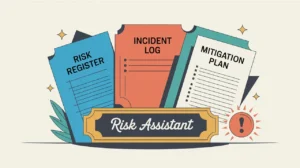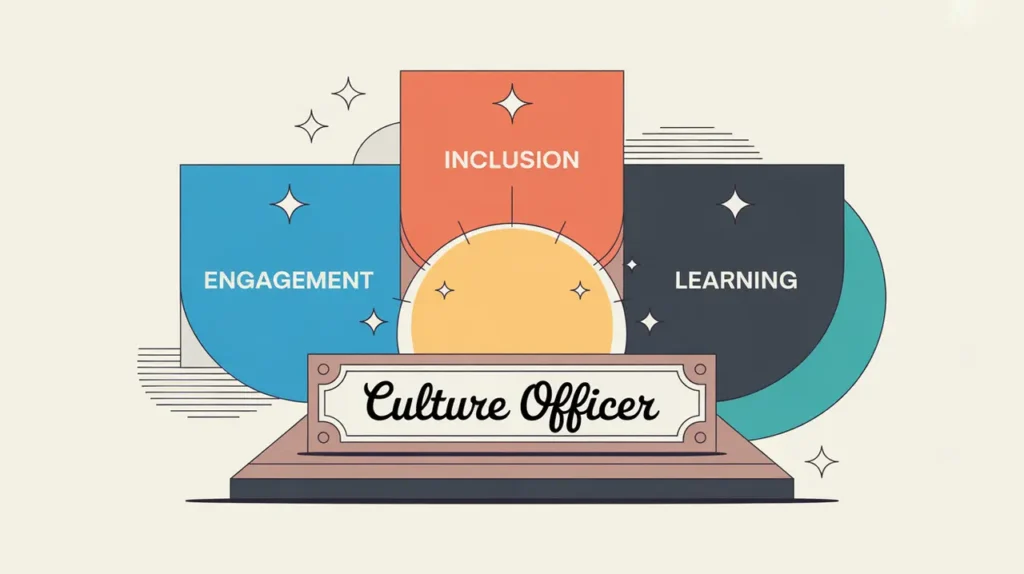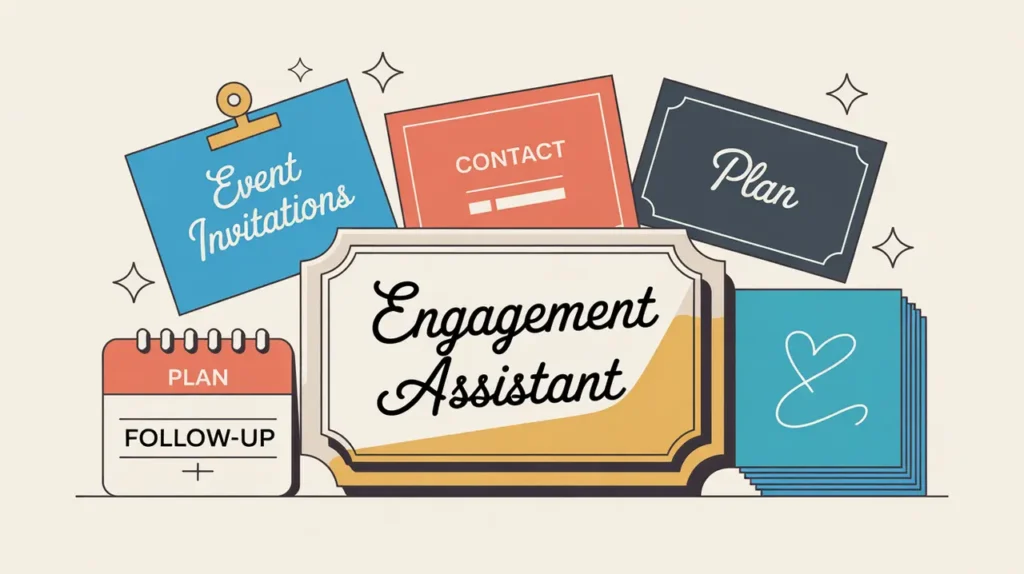What Does the Volunteer Coordinator Role Involve?
A Volunteer Coordinator is responsible for organizing and managing all aspects of an organization’s volunteer program. This includes recruiting, onboarding, scheduling, communicating with, and supporting volunteers to ensure their contributions align with program goals. The role combines administrative coordination with relationship management, ensuring that volunteers have meaningful experiences while the organization benefits from their time and skills.
In nonprofits and social enterprises, Volunteer Coordinators are essential for mobilizing community support, sustaining program delivery, and strengthening relationships with volunteers who extend the organization’s reach and impact.
At What Level does this Role Operate?
Mid Level: Volunteer Coordinators typically report to a Volunteer Manager, Program Manager, or Director of Community Engagement. They operate with moderate autonomy, managing day-to-day volunteer operations while contributing to engagement strategies and program planning. They may supervise assistants or interns who handle administrative and logistical tasks.
Relative Employability: Volunteer Coordinator roles are common across nonprofits, NGOs, foundations, and community-based organizations with structured volunteer programs. They are particularly valuable in organizations that rely on consistent volunteer engagement to support service delivery.
Relative Pay Scale: Volunteer Coordinators generally occupy the mid pay band, positioned above assistant roles but below managerial positions. Their compensation reflects their responsibility for both operational coordination and relationship stewardship.
What are the Key Responsibilities and Activities?
- Recruit, screen, and onboard volunteers to match program and organizational needs
- Develop and manage volunteer schedules, assignments, and communications
- Maintain accurate volunteer databases, records, and reporting systems
- Provide clear and consistent communications to volunteers about expectations, opportunities, and organizational updates
- Plan and deliver volunteer orientations and training sessions
- Support logistics for volunteer activities and events, ensuring smooth implementation
- Serve as the primary point of contact for volunteers, addressing questions and resolving issues
- Collaborate with program teams to align volunteer activities with program objectives
- Track and analyze volunteer participation, producing regular reports for leadership
What Core Competencies and Qualifications are Needed?
Required Qualifications and Experience
The following reflect common qualifications and experience expected for this role, while recognizing that pathways may vary by context, organization, and region.
- Relevant academic background in communications, nonprofit management, community development, or related fields
- Several years of experience in volunteer coordination, community outreach, or program administration
- Familiarity with volunteer management software and scheduling tools
- Strong organizational and communication skills
- Experience managing relationships with diverse stakeholders
Key Competencies
- Strong interpersonal and relationship-building abilities
- Clear and empathetic communication
- Organizational and logistical coordination skills
- Cultural sensitivity and adaptability in engaging diverse volunteers
- Ability to balance administrative tasks with community engagement
- Problem-solving and conflict resolution skills
How are AI and Automation Shaping this Role?
An AI-native Volunteer Coordinator can use AI to automate scheduling, send targeted communications, track engagement patterns, and generate participation reports. AI tools can also support recruitment by matching volunteer profiles with opportunities and flagging gaps in scheduling or engagement. This allows coordinators to focus more on building relationships, improving volunteer experiences, and aligning programs with strategic goals.
What Career Pathways and Transferable Skills are Associated with this Role?
Volunteer Coordinators can progress to roles such as Volunteer Manager, Community Engagement Lead, Program Manager, or Partnerships Specialist. Their skills in relationship management, logistics, and program coordination are transferable to a wide range of operational and strategic roles. Over time, they may take on responsibility for larger volunteer programs, lead community engagement strategies, or oversee organizational partnership initiatives.







